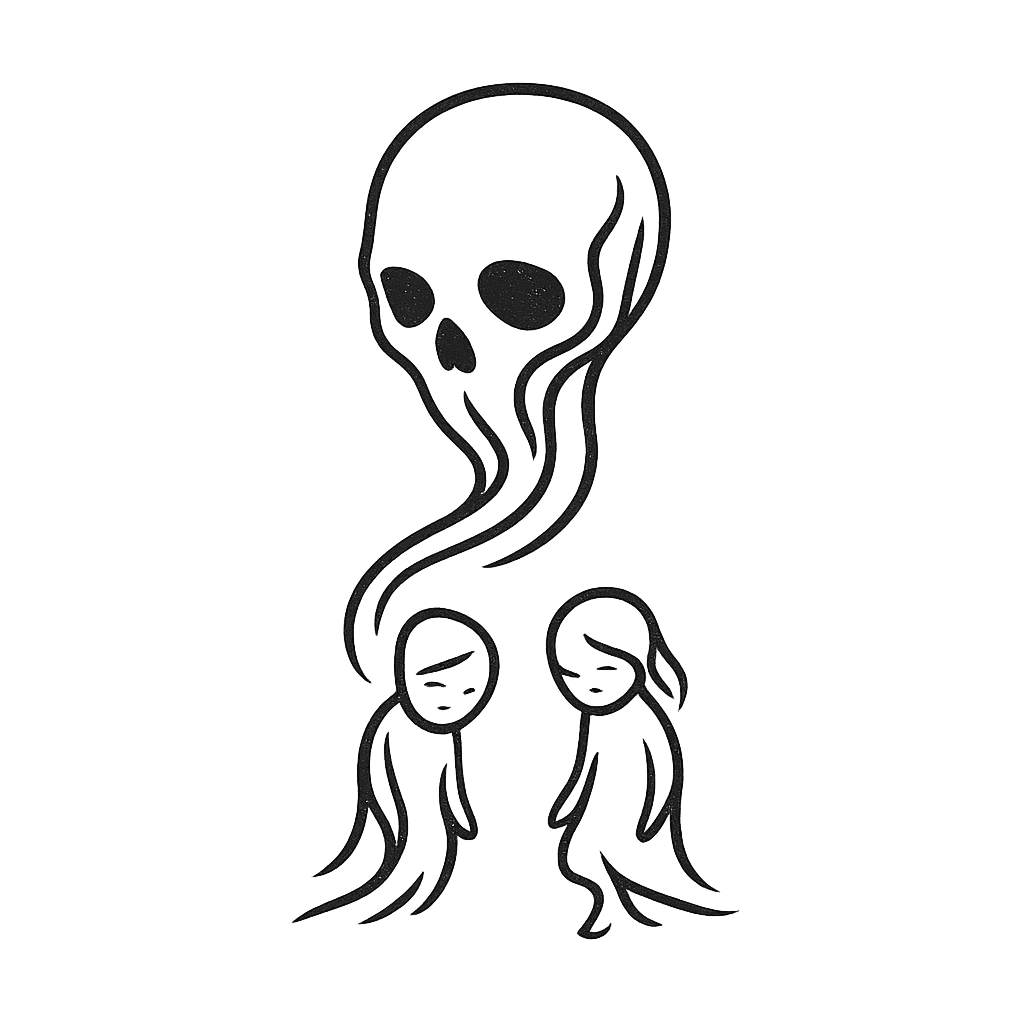
Dead Children Dream Meaning
Decoding the Dream of Dead Children: Symbolism and Insights From Your Subconscious
Explore the possible meanings behind dreams featuring dead children with psychological insights and scientific perspectives.
Analyze your dream instantly with Onira
AI-powered insights, private by design. Free on iOS and Android.
Introduction
Dreams often speak in symbols, painting abstract pictures that can sometimes feel cryptic or disconcerting. When you encounter unsettling symbols, like dead children in your dreams, you might feel a mix of confusion, fear, and curiosity. But as you dive deeper, these nocturnal narratives could be offering insights into your innermost feelings and concerns. Your subconscious might be trying to tell you truths about change, loss, or transitions in your life.
🧠 Psychological Interpretation
Symbolizing Endings and Beginnings
Dreaming about dead children can symbolize endings, but not necessarily in the way you might think. Instead of finality, it can represent the end of a phase or chapter, urging you to let go of the past and embrace new beginnings.
Unresolved Anxieties
Your dreams might be expressing subconscious anxieties or fears that you haven't confronted consciously. Dead children as a symbol may represent aspects of yourself that are stuck or that you need to nurture and heal.
Nostalgia and Guilt
These dreams may highlight a feeling of lost innocence or nostalgia for the past. They can signify a deep-rooted feeling of guilt, longing, or regret about something left unresolved.
A Reflection of Life Transitions
If you've recently gone through a specific life transition—whether it's a career change, a move, or becoming a parent—your dream might reflect these life shifts symbolically by confronting you with loss.
🔬 Scientific Perspective
Emotional Regulation in Dreams
According to research from the Sleep Research Society, dreams that feature loss may involve your brain's process of emotional regulation. Your brain is processing intense emotions and trying to help you adapt to a challenging life event.
REM Sleep and Emotional Memory
Dr. Matthew Walker, a renowned neuroscientist, highlights that rapid eye movement (REM) sleep can lead to vivid dreams that enforce emotional memory processing, possibly bringing about images of loss to make sense of real-life emotions.
🛠️ Practical Tips
Keep a Dream Journal
Try writing about your dreams in a journal as soon as you wake up. This exercise helps you uncover recurring themes and emotions, gradually revealing your subconscious concerns.
Practice Mindfulness
Engage in mindfulness meditation to cultivate self-awareness and present-moment living. This practice can foster emotional intelligence, helping you address any underlying fears highlighted by your dreams.
Seek Professional Help
If these dreams consistently trouble you, consider speaking with a therapist. Professional guidance can help you unearth and address deeper subconscious issues.
Conclusion
In dissecting the emotional layers associated with dream motifs of dead children, it's crucial to remember that these are highly personal experiences. While psychological interpretations and scientific insights provide some understanding, your personal emotions and circumstances should guide your deciphering process. Dreams like these invite you to explore your feelings of growth, change, and loss—nudging you towards personal reflection and internal growth. By acknowledging what resonates with you, you allow your subconscious to become a valuable ally on your life's journey.
Free Dream Analyzer
Paste a dream into Onira to get personalized, neuroscience-informed insights in seconds.

Embark on a journey of self-discovery
Meet your intelligent dream journal, and transform your wildest dreams into meaningful insights. Download today.
Instant Setup
Start logging your dreams in seconds. No complex setup required.
Cross-Platform
Sync your dreams across all your devices seamlessly.
